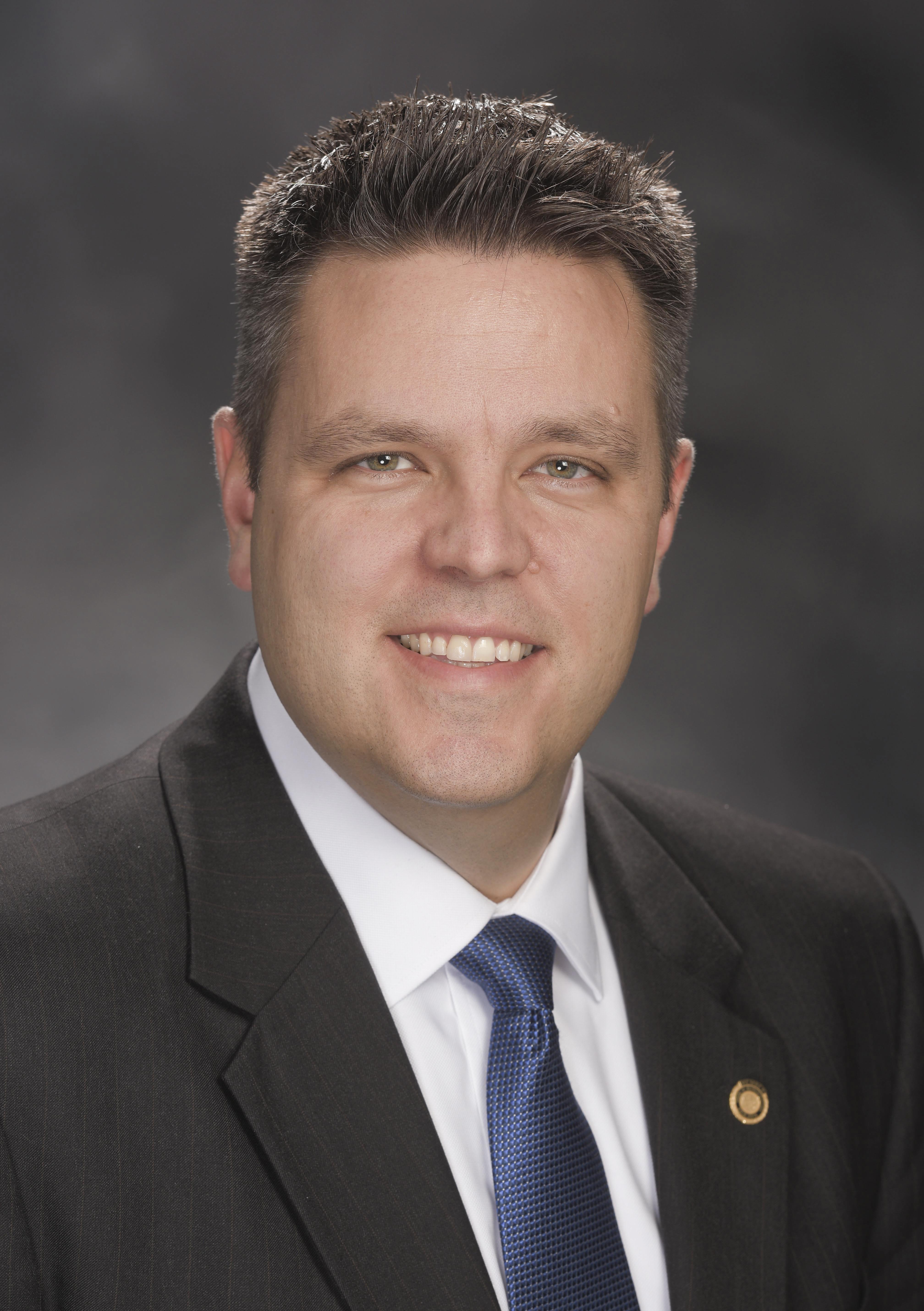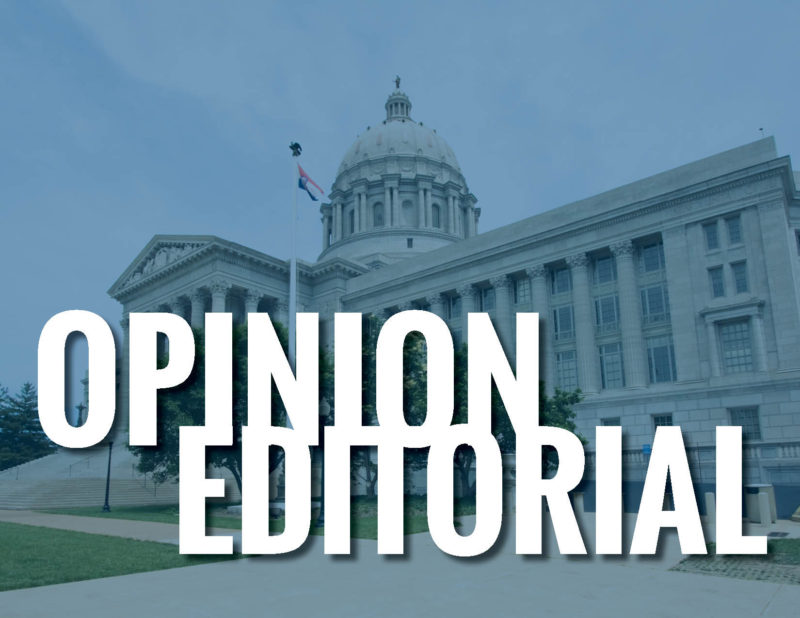Health care policy is challenging but critically important work. The ultimate goal of any smart policy proposal or reform should be to improve patient access, increase affordability, and help make vital health care services more readily available to those who need them. That is why Congress needs to slow things down and ensure they pass the right solution to end the unfair practice known as surprise medical billing.
While this problem is undoubtedly one in need of a solution, some in Congress are attempting to rush through a legislative proposal that takes the exact wrong approach if the end goal is to lower costs and increase access for patients. Most notably, the “benchmarking” approach outlined in current legislation would have dire impacts on communities and consumers here in Missouri and across the country. Congress must take steps to improve upon this legislation to avoid undermining health care access and affordability.

A benchmarking-based solution would allow the government to set fixed rates for physicians, tying out-of-network rates to insurance companies’ in-network averages. Because in-network rates include hefty discounts that arise during the contract negotiation process that takes place between insurers and providers, using them as a benchmark for out-of-network services will slash physician reimbursements and transfer enormous financial losses onto local hospitals, ERs, and other health care clinics.
In today’s health care market, such a move would increase the financial burden on already-struggling health care facilities. This could potentially worsen an already severe doctor shortage or add to the rate of hospital closure or consolidation. In the end, this would negatively impact consumers by eliminating choices for patients while increasing driving times, waiting times, and costs.
Congress should not rush through a faulty proposal that relies on government intervention in the health care marketplace, especially one that worsens instead of improves health care access. Instead, federal legislators should work to improve current legislation by incorporating a fair, market-based approach to ending surprise medical billing called Independent Dispute Resolution (IDR).
IDR is a simple, online process through which insurers and providers would be incentivized to negotiate disputed out-of-network payments in and open and transparent way. The entire process would take at most 30 days and would be overseen by a third-party mediator who would determine final payments based on each party’s best offers as well as a variety of other factors — from geographical location to facility type to physician experience — that determine the true cost of care.
Not only would IDR help determine fair, market-based rates, but the process would ensure providers receive interim payments that would be crucial in keeping at-risk hospitals and emergency rooms serving rural or at-risk communities financially stable and secure.
IDR is a practical, commonsense solution that will protect patients, provide fair rates, and preserve the strength of health care, particularly in the rural communities that need it most. Legislators in Congress should work together to update current legislation to include meaningful access to a robust, market-based IDR process. Anything short of that will fail to adequately address this issue.

State Rep. Justin Hill is a Republican who represents HD 108.






